To empower women and girls in the patriarchal Maasai society in Kenya, young men must become part of the conversation about gender equality and girls’ education and advocate for girls’ rights and health. A good place to begin is by having young men contest and question harmful traditions and practices, such as female genital mutilation (FGM) and early marriage, the main barriers that stand in the way of girls’ education, their health, and their dignity.
In this video, Damaris Seleina Parsitau, 2017 Echidna Global Scholar, describes her work with Massai girls in Kenya.
In my new policy brief, Engaging the Custodians of Tradition and Culture: Leveraging the Role of Multiple Actors in Maasai Girls’ Education, I explore the intersection of Maasai culture and girls’ education and conclude that new cultural actors are emerging within this community. As such, there is a need for state and non-state actors in girls’ education spaces to seek innovative ways to not only galvanize and engage these actors but to amplify their voices to help promote Maasai girls’ education.
How men are shifting the cultural landscape in Maasailand
In Maasailand, a small but very significant group of young men called the Anti-Cut warriors are shifting the cultural landscape by challenging Maasai social and gender norms. This group is inspiring a quiet revolution in Maasailand and calling on elders to break the cycle of cultural practices that deprive girls of their rights.
The Anti-Cut warriors are a group of progressive young Maasai men from remote villages in Maasailand, many of whom dropped out of school themselves. Founded by Lelein Ole Kaunga in 2013, the group comprises about 750 young men between ages 15-27. They recently graduated from moranhood (warriorhood) to become junior elders in the Maasai hierarchy
Through public speaking, visits to schools, working directly with pupils, teachers, and mothers, the Anti-Cut Warriors engage with and challenge the custodians of traditions to stop FGM. According to these warriors, girls are important members of society who are entitled to an education. They also call for girls to have voice, power and the right to make decisions that affect their lives and wellbeing.
The Anti-cut warriors, therefore, represent a powerful internal driver pushing for change, directly questioning their own culture, demanding an end to the treatment of women and girls as second-class citizens. These emerging voices hold out hope that long-standing and stubborn social and gender norms and patriarchal practices can be overturned.
Upending the view of women and girls as being like helpless children
In the Maasai community, women not only lack voice, but their opinions are equal to those of children, suggesting that women’s opinions are neither consulted or considered worthy. Cast as the weaker sex, girls are taught to obey, respect, and submit to the leadership of men. Among the Maasai, girls respond to greetings from men with shrill voices as a sign of deference to the caller.
In a report by Naomi Kipuri and Andrew Ridgwell, a Maasai woman from Kenya said, “Maasai women and girls are expected to have two voices, one for normal talk and another little voice to demonstrate respect for men. Boys and men are not required to change their voices at any time.”
To change such views about women and girls, there must be a mental shift within Maasailand about the value of women and girls. No one is better placed to do this than young Maasai men and boys, for several reasons. To start with, FGM is sanctioned and controlled by men. Women are subjected to FGM to curtail their sexual urges, preserve virginity and to increase girls’ marriageability, all for the benefit of men. As such, the fight against FGM should be spearheaded by men themselves. Second, when men support the fight against FGM by refusing to marry girls who have been subjected to the cut, as the Anti-Cut Warriors are doing, then parents will rethink its usefulness. Third, when men fight FGM, they embolden girls and women to vocalize their resistance against the procedure. This is important in a Maasai society where girls cannot speak to or before men.
Although the Anti-Cut Warriors may not eradicate FGM and early marriage completely, they are creating a new wave of change by starting conversations around taboo subjects. Furthermore, they are just one of many Maasai voices that should be leveraged for Maasai girls’ education.
Photo credit: Jonathan Torgovnik (CC BY-NC 4.0)
The Brookings Institution is committed to quality, independence, and impact.
We are supported by a diverse array of funders. In line with our values and policies, each Brookings publication represents the sole views of its author(s).

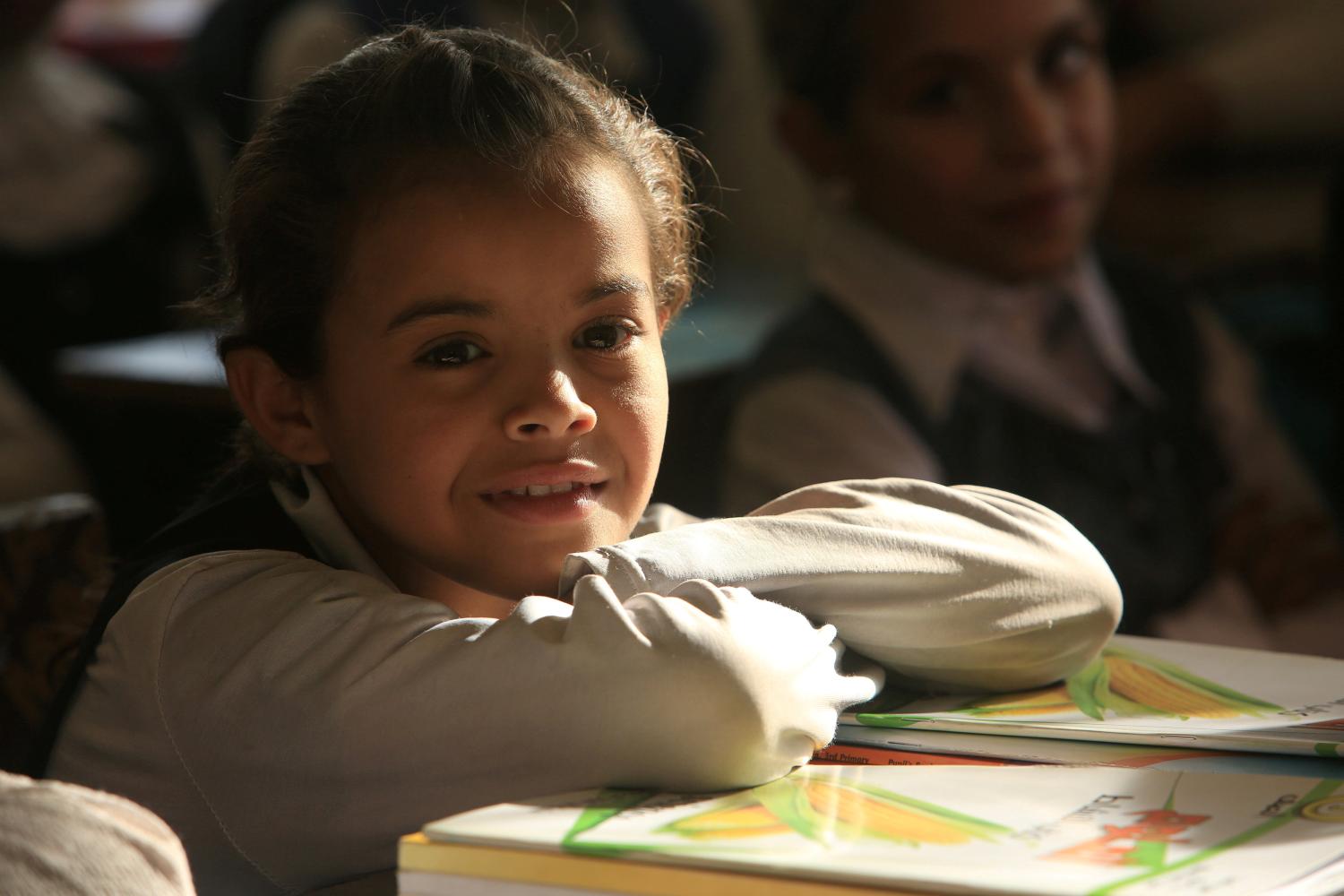
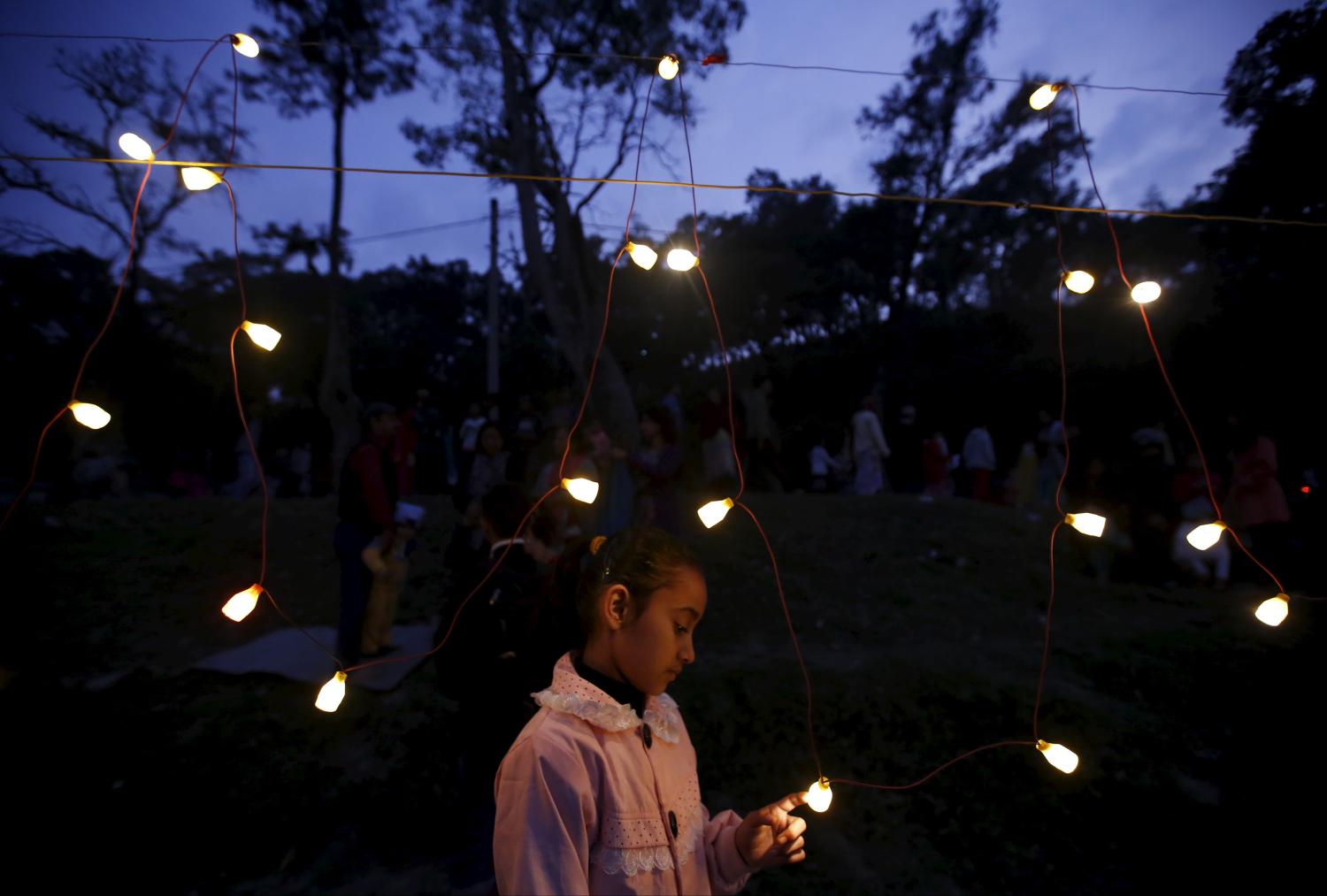
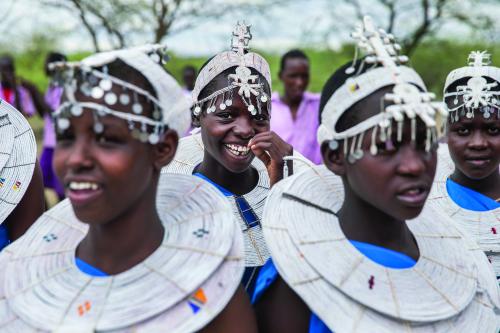
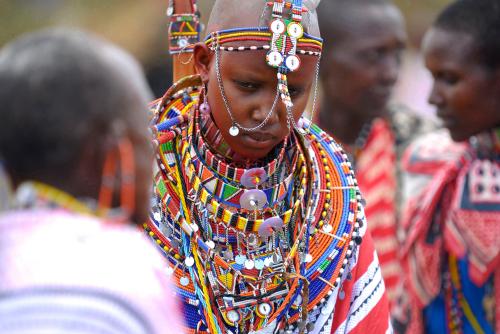
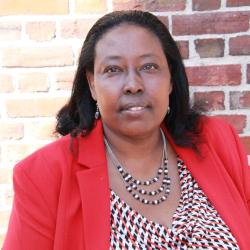


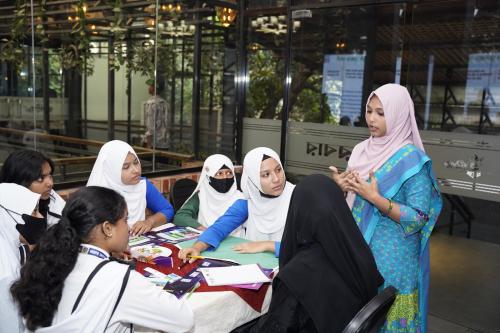
Commentary
How young men can change the gender and social norms of the Maasai people to support girls’ education
November 7, 2017